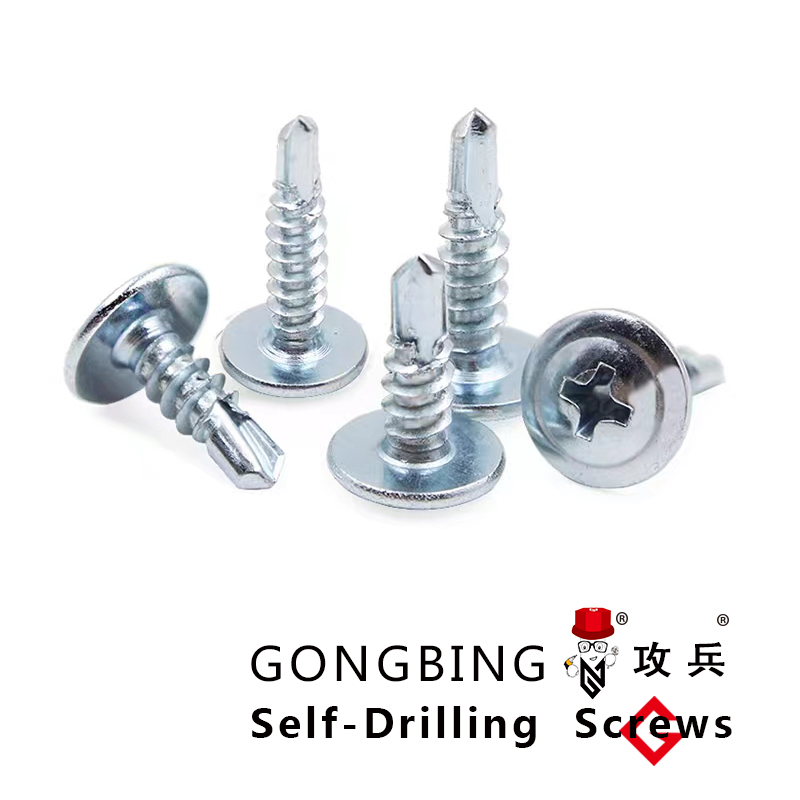resin bolt fixings
Understanding Resin Bolt Fixings A Comprehensive Guide
In the realm of construction and engineering, the choice of fastening and anchoring solutions is pivotal. Among these, resin bolt fixings have emerged as a preferred option due to their strength, versatility, and effectiveness. This article delves into what resin bolt fixings are, their benefits, applications, and considerations for their use.
What are Resin Bolt Fixings?
Resin bolt fixings, often referred to as chemical anchors, utilize a two-part resin system to attach bolts or rebar to concrete or masonry. The components typically consist of a resin and a hardener, which, when mixed together, create a durable bond. This chemical anchoring method is particularly advantageous when dealing with heavy loads or structural applications requiring high performance.
Benefits of Resin Bolt Fixings
1. High Load Capacity One of the most significant advantages of resin bolt fixings is their ability to handle high loads. The chemical reaction between the resin and the hardener creates a robust bond with the substrate, making it suitable for heavy equipment installations, safety barriers, and structural supports.
2. Versatility Resin fixings can be used in various substrates, including concrete, brick, and stone. This versatility makes them ideal for a wide array of applications, whether in new builds, renovations, or even repairing existing structures.
3. Resistance to Environmental Factors Resin anchor systems exhibit excellent resistance to various environmental conditions, including moisture, chemicals, and temperature variations. This durability ensures that the fasteners maintain their integrity over time, making them suitable for both indoor and outdoor usage.
4. Ease of Use The application of resin bolt fixings is relatively straightforward. Typically, the hole is drilled into the substrate, cleaned to remove debris, and then the resin is injected into the hole before the bolt is inserted. The curing time is usually quick, allowing for efficient project completion.
5. Non-expansion Unlike traditional mechanical anchors, resin bolts do not expand when installed, reducing the risk of damaging the surrounding material. This feature is especially beneficial in older structures where maintaining the integrity of the surrounding area is crucial.
Common Applications of Resin Bolt Fixings
Resin bolt fixings find their application in various sectors
- Construction They are extensively used in new constructions, particularly in anchoring structural elements like steel beams, brackets, and supports to concrete bases.
resin bolt fixings

- Renovation Projects In renovation projects, particularly in repairing or reinforcing older buildings, resin fixings facilitate the addition of new elements without compromising existing structures.
- Industrial Applications In factories and warehouses, resin bolts are often used to secure machinery and equipment, providing stability and safety.
- Outdoor Installations From fencing and signage to street furniture, resin bolt fixings offer the durability required for outdoor installations.
Considerations When Using Resin Bolt Fixings
While resin bolt fixings offer numerous advantages, several considerations should be kept in mind
1. Curing Time The effectiveness of resin anchors relies on proper curing. It’s crucial to adhere to the manufacturer’s guidelines regarding curing times to ensure optimal strength.
2. Temperature Factors The ambient temperature can affect the curing process. It’s essential to consider temperature variations during application and curing to achieve the best results.
3. Substrate Quality The quality of the substrate plays a significant role in the performance of resin bolt fixings. Ensure that the area where the anchors will be installed is structurally sound and free from cracks or loose material.
4. Selection of Resin Type Different projects may require specific types of resins depending on the environmental conditions and load requirements. Choosing the right type of resin is crucial for achieving the desired outcome.
5. Health and Safety Handling resins involves working with chemicals, so it’s vital to use appropriate safety gear and follow safety protocols to mitigate any health risks.
Conclusion
In conclusion, resin bolt fixings represent a robust, versatile, and effective anchoring solution for various construction and engineering applications. Understanding their benefits, proper application techniques, and considerations for use can help ensure successful outcomes in projects. Whether it’s a new construction or a renovation, resin bolt fixings remain a reliable choice for achieving secure and durable connections. With their growing popularity, they stand poised to play a significant role in the future of construction and civil engineering.
-
Wedge Anchor Bolts: Secure Fastening SolutionsNewsAug.05,2025
-
Insulation Fixings: Secure and Durable SolutionsNewsAug.05,2025
-
Full Threaded Studs: Versatile Fastening SolutionsNewsAug.05,2025
-
Expanding Fasteners: Secure and Reliable SolutionsNewsAug.05,2025
-
Butterfly Toggle Anchors: Secure and Easy to UseNewsAug.05,2025
-
Bracing Solutions for Steel StructuresNewsAug.05,2025
